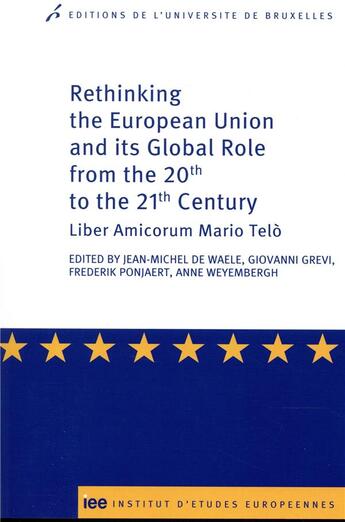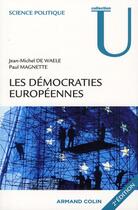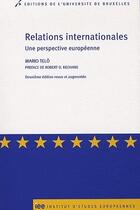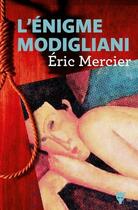Résumé:
This edited volume, which has been drafted in honour of Professor Telò's research career, offers the reader an overview of the various scientific debates that he has been involved in throughout his distinguished career. The aim was to highlight, contextualise and build on his most innovative... Voir plus
This edited volume, which has been drafted in honour of Professor Telò's research career, offers the reader an overview of the various scientific debates that he has been involved in throughout his distinguished career. The aim was to highlight, contextualise and build on his most innovative contributions to each of these debates. The volume revolves around four thematic areas, each of which brings together a number of contributions that offer timely reflections on a given question or challenge covered by Professor Telò's research. The first section, 'Reflections on the Future of Social Democracy in Europe', brings together chapters on the efficiency and legitimacy crisis facing contemporary social democracies, be it at the European or national levels. The second section, 'Reflections on the Prospects for European Governance', offers the reader a cross-section of assessments on the state of the European polity, its politics and the policies that it produces, notably in the light of recent institutional reforms and crises. The third section, 'Reflections on the Implications of Multilateralism and Multipolarism for Europe', explores how both regional experiences in general and the EU's external action in particular have reacted to a rapidly changing international environment. The fourth and final section, 'Reflections on the Lessons drawn from Engaged Research in Europe', takes a step back and considers the role of the researcher in the evolving and challenging environment sketched out in the preceding sections. It focuses both on how to approach such a complex area of research as the EU as well as how to reconcile academic distance with societal engagement when working on controversial topics.
Donner votre avis

















